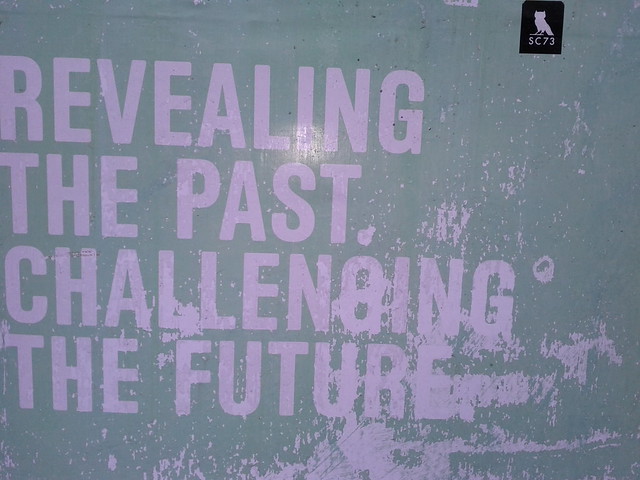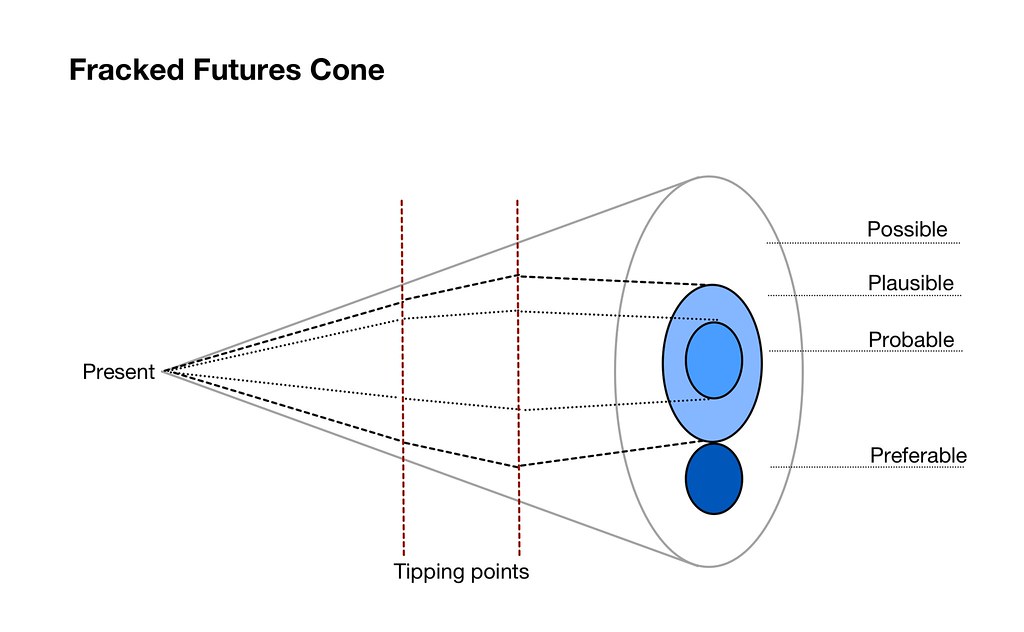A note: I wrote this blog post as a snapshot of my current thinking, and admittedly it turned into a bit of a rant. Proceed at your own peril. PS: Not an election campaign statement.
It has been fascinating to watch the reactions unfold to all the information that has been surfacing around government surveillance. The existence of PRISM and Tempora, suspicions of domestic surveillance both in the US and Germany, the mutual surveillance of governments and its citizens, as well as intelligence cooperation between the US, UK, and other European countries.
I can’t speak with much knowledge about the details of surveillance: All I know is what I read in the media reports.
I can, however, speak with some level of competence about the German Minister of the Interior, Hans-Peter Friedrich and the overall reaction of the German government. When Friedrich not only defends mass surveillance by other, friendly governments of German citizens, and in the same breath notes that extending electronic surveillance domestically to fight not just terrorism, organized crime and child pornography, but also “many other things” (my translation); when he does that, it implies that he is willing to violate protections guaranteed to German citizens by constitution, and acknowledges being willing to sell out basic rights of the very citizens he is appointed to protect for… what? Initially, potentially short term security? Later, we’ll see what “many other things” he means to do and/or prevent? At what cost does that come?
Historically, particularly having grown up in a country with a dark history of government surveillance, we don’t have any reason to believe that collected information will be a) kept safe and b) not be abused. A much more likely scenario is that it will be abused at some point, and be accessed by unauthorized third parties at some point.
What’s more, it’s important to keep in mind that it only partially matters what’s actually happening: When it comes to trust in institutions — like a minister or a ministry in particular or democratic processes in general — perception equally matters. If the citizens’ trust in these institutions is shaken by (perceived or real) abuse of power, or by intransparency, or by revelations about attempts to withhold information, the trust in these institutions suffer. And with that, we all do, as it’s this trust, this social contract build on top of the constituion and it’s institutions, is what defines and shapes a free, democratic country.
The fact that Friedrich goes on to try to shush critics of his behavior in particular and opponents of comprehensive government surveillance in general by trying to frame them as “unfair” to the US, then he’s not just “unfair”, but also disingenuous. Most of all, he’s trying to distract from the issue, which is: He isn’t doing his job. How he can still be in office is a miracle to me. You can think about the (in my eyes not so simple) binary framing of liberty vs security what you like: It mostly comes down to a question of personal beliefs and we don’t have a definitive answer to it. A Minister for the Interior, though, who’s fine with “his” citizens being mass-surveilled without reasonable suspicion by anyone (no matter if it’s done by domestic government, friendly governments, adversary governments, or third parties) isn’t doing his job. He’s a liability for the citizenship and democratic values.
I’m married to an American, spent quite a bit of time in the US and have many friends there and in the UK. I’m not being “unfair”, but I do expect that it must be very clear that citizens are not to be spied on without suspicion and strict oversight by judges of the right jurisdiction, whatever that might be. Blanket surveillance of data streams (meta or not) by defition won’t do. Just like I don’t like anyone to go through my wallet everytime I get on a bus, in a shop, or down the street, I think mass surveillance creates a danger to democracy, both here and abroad.
I’m afraid we’ll see this all play out in an increased lack of trust not just in our current government, but in the institutions themselves. It’s not a path I want to see Germany (or any democratic country) go.
After the mess of the last few weeks, it’ll be hard to fix the damage already done. It’ll need hard work on the side of the government to rebuild the trust they lost by not making a point of protecting their citizens, and by not coming clean about their roles and knowledge of the situation. It’s been salami slices all the way.
This won’t do. We need a proper, indepth look into who inside the German and European governments knew what and when, and if those responsible acted in compliance with domestic, European and international laws – not just by letter, but also with the spirit of these laws.
Blanket surveillance without oversight, however, is a pre-condition for abuse of power – it’s part of the problem rather than the solution.
What I’d really wish for, though, is for a wider societal consensus on what’s ok to do and what isn’t, and for this consensus to become part of our constitutions. A free, resilient democracy is based on the free exchange of ideas.


